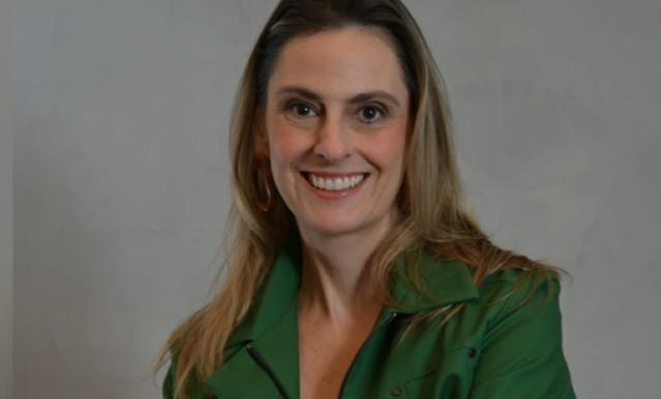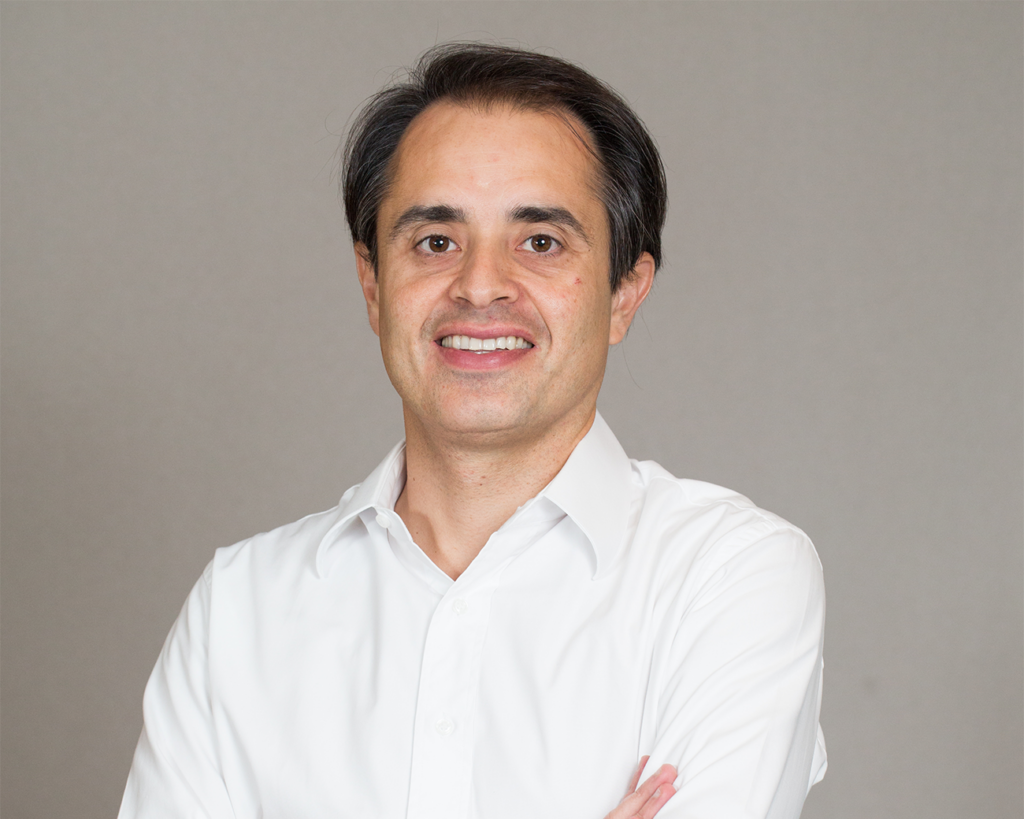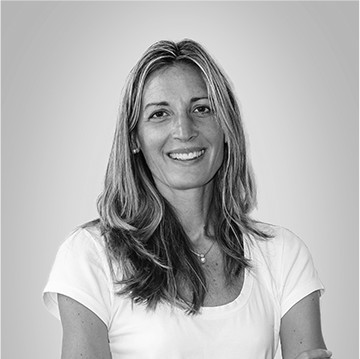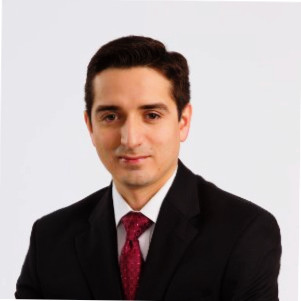LP Profiles, Member Profiles
Annette Franqui, Co-Founding Partner, Forrestal Capital
28 January 2015

LAVCA caught up with Annette Franqui, Co-Founding Partner of Forrestal Capital, a family office that invests the assets of three branches of a single family
LAVCA: Please give some background on Forrestal Capital. What percentage of your portfolio do you allocate to Private Equity? What about Emerging Markets and Latin America specifically?
Franqui: Forrestal Capital is a family office that invests the assets of three branches of a single family. It was founded in 2003, after the sale of Panamerican Beverages, at the time the largest Coca Cola bottler outside the US, and the principal asset of the family. Forrestal invests its assets in two distinct ways. On the one hand, it invests a portion of its assets through third party managers in both traditional and alternative asset classes. Additionally, it directly invests in companies, either as short to medium term investments, or for the long term, without a view to selling at any particular time. While the portfolio of direct investments spans a number of industries and geographies, it is mostly focused on the consumer and retail areas in Latin America.
LAVCA: How do you describe your role as a family office – do you co-invest, do you lead deals, are you an LP?
Franqui: We do all of the above. We are LPs, primarily in areas or geographies where we do not have an expertise, such as energy or financial institutions, or Asia. We also co-invest with other individuals or family offices as well as with strategic investors. Finally, we have led deals, specifically in areas where we have an expertise or an existing footprint. The best example of this was the purchase of Arcos Dorados in 2007, which was led by us but done in conjunction with three private equity firms (Capital International, Gavea Investimentos and DLJ South American partners). The reason we do all of the above is because we feel there is a difference between investing as an agent or as a principal and investing as a principal is usually best achieved when co-investing with others or when leading deals ourselves.
LAVCA: What is the typical size of commitment to a fund?
Franqui: The size of the commitment varies and it is mostly dictated by the available liquidity at the time, the specific strategy of the fund and achieving the appropriate diversification. As an example, we might allocate more to a fund in an area that is mainstream while allocating less to an exotic strategy or emerging manager. Additionally, we pay significant attention to portfolio construction, ensuring that no one strategy or manager becomes disproportionate within the portfolio.
LAVCA: Given your very unique position as a pan regional family office, what markets do you look at and why? How do you compare LatAm to other markets?
Franqui: We tend to look at all of the main markets but favor those where we can add the most value, where we have access to management and where there are dislocations in value that we can identify and better resolve than the average investor because of our experience operating in those markets. We will also go into markets that make sense for the companies that we already operate, at times making investments that complement some of the already existing businesses. Finally we will look at markets where others will view the horizon as too long but where we are already invested and do not mind the longer time horizon.
LAVCA: What is the size of the Forrestal Capital team? How do you evaluate investment opportunities across asset classes and geographies? Do you ever work with fund of funds or investment advisors?
Franqui: Our permanent team is 5 people. It consists of myself, with a background in finance and investing; my partner, Carlos Hernandez, who is a lawyer; a person who solely looks at the investments through third party managers; an accountant and an office manager. However, our strategy has been to staff up at the associate and analyst level, with the appropriate expertise, when working on a specific project. This is useful because of the variety of projects that we do as well as the uneven flow in time of these projects. We have tended not to use fund of funds, deciding to diversify ourselves, and do not use independent consultants, although we heavily support ourselves with financial advisors on both the wealth management and investment banking areas.
In evaluating investment opportunities across asset classes and geographies, we look at the existing portfolio, ensuring that our exposure is well diversified both from the asset class and geography perspective, but also paying attention to the liquidity of the underlying investments.
LAVCA: You actively invest in VC / early stage. Why is this an attractive opportunity for family offices?
Franqui: Investing in VC / early stage is not necessarily our focus or strength. We prefer companies that are in proven business models and have positive cash flows but where expansion is at an early stage and exponential growth is possible. Having said that, we have invested in very early stage companies, such as Farmacity many years ago and, most recently, a medical device company. These exceptions are supported by either a superior understanding of the team and space, as was the case in Farmacity or because of potential outsized returns and a strong strategic partner, as was the case in the medical device company. We view these opportunities as one off and as a way to diversify our portfolio.
LAVCA: What are your views regarding exposure to global funds, versus regional or country specific funds?
Franqui: When investing in illiquid markets, such as venture capital or private equity, and particularly in emerging markets, we tend to favor regional or country specific funds. This is because we believe the local knowledge and deal flow are important, as is the ability to stay close to the companies and their management once the investment has been made.
LAVCA: What are the 2-3 biggest challenges for family offices looking to invest in PE/VC in the region?
Franqui: I think one of the biggest challenges is the management of the macroeconomic environment and the risk it represents; specifically, managing the currency exposure is difficult and ever changing. Additionally, the time horizon of investments tends to be hard to predict and usually longer than in developed markets. Exits, particularly in Latin America, can be complicated. Finally, and this is mostly true when doing direct investments, managing issues at the company level is difficult if the family office is not in the same country as the investments. To expand on this topic, we have experienced first-hand the difficulties of dealing with issues regarding managers, founders, co-investors, contracts and many other aspects of an investment, at a distance. Being local gives you an edge and reduces costs, including costs of structuring investments for different jurisdictions, which ultimately impacts investment returns.
LAVCA: Can you describe your due diligence and selection process? What experience level are you looking for in a manager? Why? Would you consider investing in a first time GP (globally and/or in Latam)?
Franqui: In doing due diligence of a manager, we will gather all the information they can provide, including their due diligence questionnaire, meet a number of times and follow them closely for a reasonable period of time before investing. We will also speak with other family offices and wealth managers to get their opinion on the manager. During the due diligence process, we focus on the manager’s knowledge and experience investing in the particular strategy and geography but also and, more importantly, on their investment process. While results are important, as are the “stars” in a particular fund, we find that, a longer term, solid, replicable investment process ensures consistency of results. We ask a lot of questions about generation of ideas, process and methodology of putting a name in a portfolio and triggers for selling or trimming a position.
We do not tend to invest in first time GPs or managers, although we have made exceptions. These exceptions are usually for managers that have a deep expertise in the particular industry or geography, have some experience investing and are known to us personally.
LAVCA: What role does ESG (Environmental, Social and Governance) play in your strategy and / or fund manager selection?
Franqui: We fulfill a lot of the ESG role through our investment in Arcos Dorados, which makes a significant commitment to various causes, including Ronald McDonald House Charities as well as the creation of food growing communities in Latin America. We are also active in the support of entrepreneurs in the region, through organizations such as Endeavor and Ashoka and through investments in accelerators such as NXTP.
LAVCA: What are the most important factors you consider / characteristics you look for when selecting fund managers and what advice would you give to managers looking to work with Forrestal?
Franqui: As mentioned above, we look closely at their experience in their strategy and geography as well as at the rigor of their investment process. We tend to favor managers that are better at protecting the downside, even if they don’t capture all of the upside. We also favor managers with a somewhat concentrated portfolio, since we are able to do the diversification through the selection of managers in different strategies and markets and we like to benefit from each manager’s best ideas. Finally, we like to see managers that have “skin in the game”, as well as compensation structures that align their objectives with ours. As advice to managers looking to work with Forrestal, I would say that patience is important. We observe managers for a long period of time before investing and also look for managers in particular strategies when we believe the market opportunity is there, which does not necessarily coincide with when the manager is marketing to us.
You may be interested in...
-

Luciana Antonini Ribeiro, eB Capital
Executive: Luciana Antonini Ribeiro, Co-Founder and CIO Member Name: eB Capital Year...
-

Cristiano Gioia Lauretti, Kinea Private Equity
Member: Kinea Executive: Cristiano Gioia Lauretti, Head of Private Equity HQ: São...
-

Maria Pia Iannariello, MGM Innova Capital
LAVCA recently spoke with Maria Pia Iannariello, Co-Founder & COO of MGM Innova Capital,...
-

Rafael Ramirez, Portfolio Manager, Alaska Permanent Fund Corporation
LAVCA recently spoke with Rafael Ramirez, Portfolio Manager– Private Equity &...
